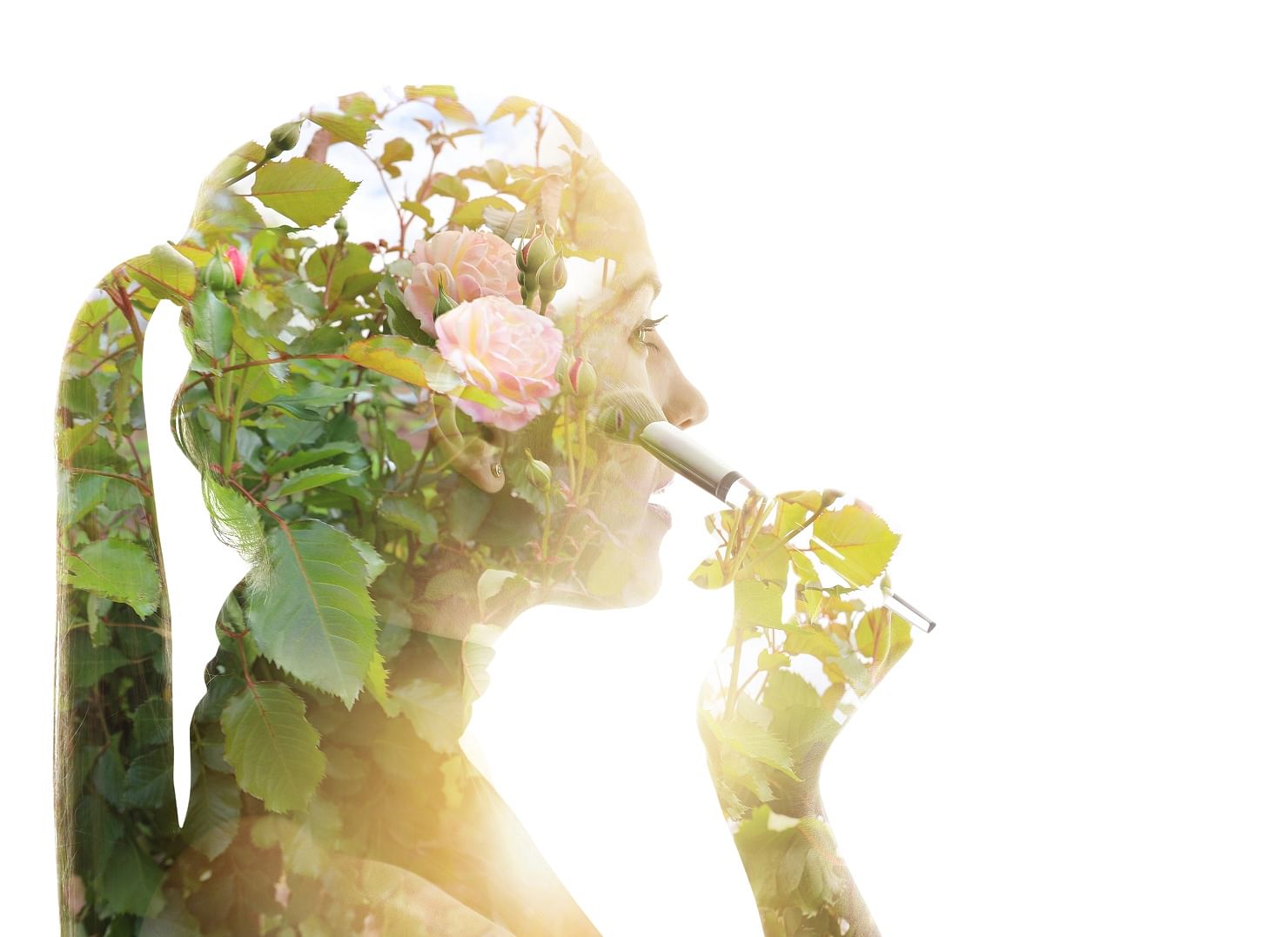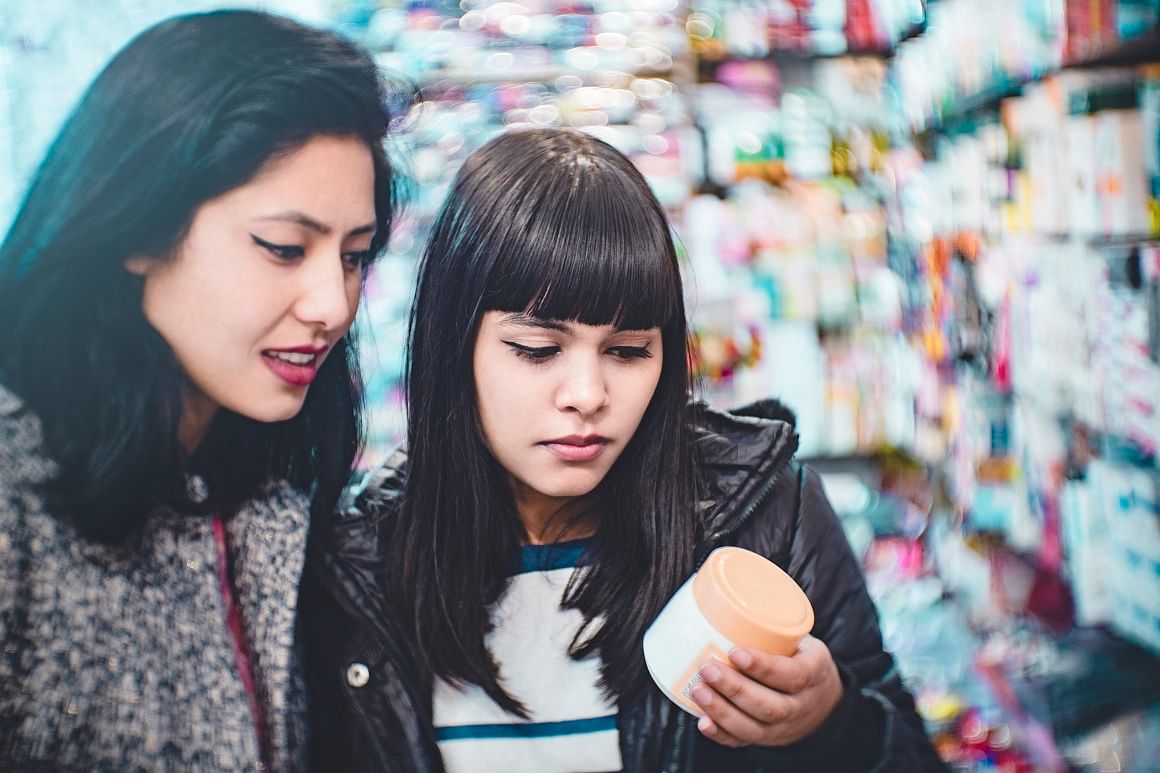

The secret is out in the open — if you’re really keen on making a sustainable switch, sticking to ordinary products won’t do. Skincare giants and beauty brands are pulling all stops to ensure they make the cut.
Here’s a deeper look at how iconic, as well as fledgeling beauty brands, are hopping on the sustainability bandwagon in 2020.
“Sustainability is not about sourcing the most luxurious eco-friendly materials from international waters to develop your product but it is more about what is locally sourced and reusable,” says Kajol Bafna, founder, Boss Lady Cosmetics, adding, “It is about fair trade and about regenerating and reusing what’s around you. More and more consumers are making lifestyle changes and are moving towards a sustainable, eco-friendly recyclable consumption. ‘What goes into creating that perfect bottle of luxury face serum? Is that 5 carats diamond a blood diamond? Hope no animal was harmed whilst creating that beautiful lipstick shade.’ Today’s millennials ask these questions before they make their purchases. And brands, more than ever before, will have to be good listeners of what their consumers want.”
Shubhika Jain, founder and CEO of Ras Luxury Oils opines, “Sustainable beauty often uses plant-based renewable ingredients instead of ingredients such as paraffin and mineral oil.”
She adds, “Petroleum products firstly are non-renewable, have a high carbon footprint and also a very negative impact on the health of its patrons. Sustainable beauty, that is using the right sustainably-sourced ingredients, will have a positive impact of long-term health of consumers.”
Thinking along similar lines, Jerusha Chande, content head, Myglamm avers, “As a brand, we’ve made all our formulations cruetly-free, certified by PETA and are working towards making all of them vegan as well, reducing our dependability on animal-sourced ingredients. Our upcoming in-development collections also pay attention to sourcing clean ingredients.”
Addressing how sustainable doesn’t always translate to safe, Sabrina Suhail, an ace makeup artist and founder of cruelty-free vegan beauty brand Tinge, debunks a popular myth surrounding sustainable beauty. “Find what suits you best. Just because the product is natural, does not mean that you cannot have an allergic reaction. The most common allergic reaction that humans have is to food groups.”
While the spotlight is often on what goes into making of a product; brands aren’t stopping at just that. Packing and plastic strategy play an integral part in sustainable beauty. “Using sustainable materials such as organic citrus fruit residue, PCR and eco-friendly products in our packaging to minimise plastic waste has been a conscious choice that we’ve made as a new-age beauty brand which is conscious about the environment, committed to quality, safety and sustainability,” says Abhishek Bhattacharya, country director, Kiko Milano.
Adding to it, Jerusha Chande further adds, “With MyGlamm POSE, we introduced non-plastic packaging, creating the entire line of products using paper packaging. In our retail stores, we’ve also started a return rewards programme, which incites people to return their used empty plastic packaging (which we can recycle) in exchange for rewards on their next purchase.”
While plastic is often considered an enemy of sustainability, it isn’t always the case, opines Sabrina. “The most common myth or belief is that plastic is not recyclable. It is as long as you dispose it off correctly and responsibly. Segregation of waste after cleaning plastic is important.”
Referring to the sustainable beauty move as a collective effort which is making strides due to the active engagement of conscious consumers, Vishal Bhandari, founder, Soultree says, “Sustainability is a process, not just a value. Just as all good things require patience, clean beauty calls for one’s commitment. A lot of us tend to assume that organic products do not work as well as the conventional ones. However, the truth is that authentic organic-Ayurvedic products take longer to show their results because they work from within and spare us the harmful effects of chemicals in the long run. Moreover, nothing can work in silos unless we take good care of our health and maintain a personal care regime.”
Vouching for how a 100 per cent cruelty- free beauty care is the way forward, Mansi Gupta, founder, Tjori concludes, “Young adults are becoming conscious of the things they eat and apply. The idea of waste management when it comes to a robust packaging strategy is also a good reason and finally the need of the environment for a change and every sector needs to contribute towards it. After all, doesn’t it start with skincare?”
The verdict is out: Build and create with love. Cruelty-free is the new cool. So, choose wisely.